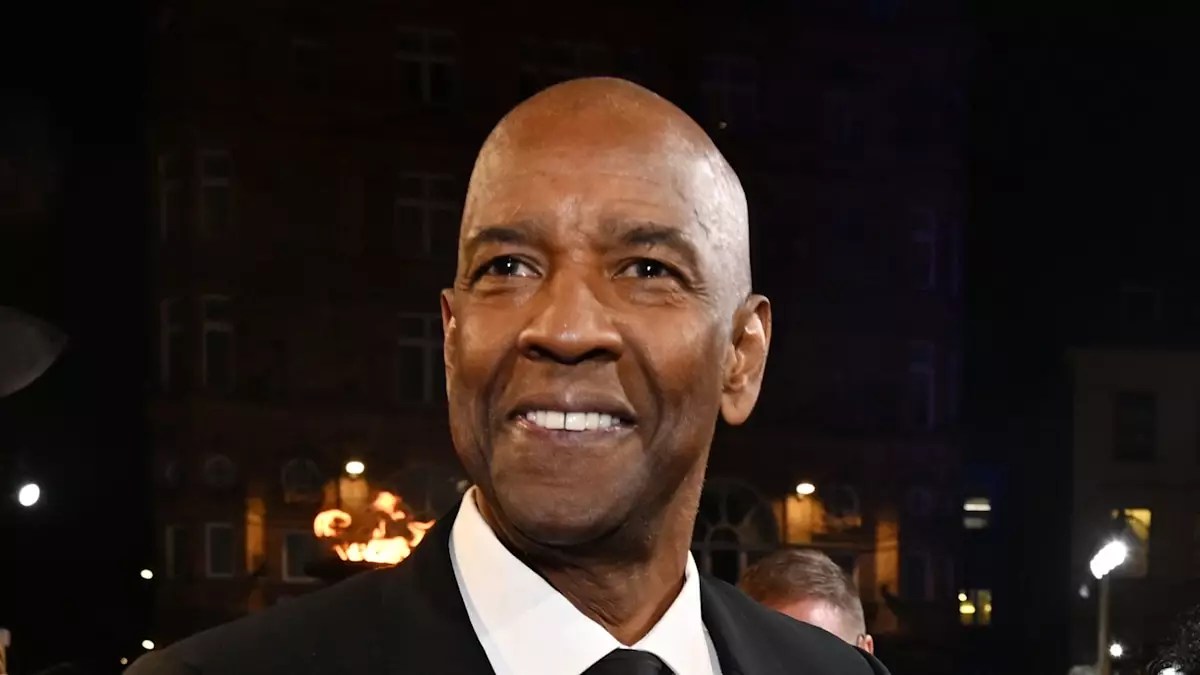Denzel Washington, an iconic figure in Hollywood, recently opened up about his struggle with alcoholism, shedding light on a part of his life that many fans might not be aware of. In a candid interview with Esquire, the actor recounted his turbulent relationship with alcohol, revealing that at the height of his addiction, he would consume two bottles of fine wine daily when not filming. This admission serves as a powerful reminder that even those who seem to have it all can grapple with personal demons. Washington’s habit extended beyond simple indulgence; his extensive collection of rare wines became a gateway to a lifestyle marked by dependency. As he noted, “Wine is very tricky… It ain’t like, boom, all of a sudden.”
This reflection draws attention to the unique nature of wine consumption, which is often perceived as sophisticated or benign. Washington’s experience showcases how societal views on wine can obscure its potential dangers. His disclosure that he was actually consuming his best vintages — expensive bottles of wine from years such as 1961 and 1982 — paints a portrait of a man caught in a web of luxury that led to despair rather than enjoyment.
For Washington, the recognition of his addiction did not come easily. He had managed to compartmentalize his drinking; despite a reckless personal life filled with wine, he maintained professionalism on set. “I would clean up, go back to work,” he admitted, indicating a remarkable but dangerous ability to perform his duties while struggling with substance abuse. However, the façade began to crack when he noticed unsettling changes in his memory and consciousness. Awakening disoriented and grappling with forgetfulness marked a crucial turning point in Washington’s journey. It was a wake-up call, pushing him to confront the reality of his situation head-on.
At the age of 60, he made the monumental decision to enter recovery, which has now persisted for nearly ten years. This milestone not only highlights his commitment to sobriety but also underscores the larger theme of second chances that resonates through his narrative. With this leap into a sober life, Washington embraced the notion of longevity and actively considered what he wanted to achieve moving forward, perhaps inspired by his mother, who lived to be 97 years old.
Having triumphed over addiction, Washington shared insights into his new way of life centered on strength and health. Recognizing the importance of a support system, he credits friends like Lenny Kravitz for playing a crucial role in his journey. Kravitz introduced Washington to a trainer, fundamentally altering his approach to health and fitness. This transition to a more disciplined lifestyle, including tailored meal preparations and a dedicated workout regimen, illustrates the broader notion of rebuilding oneself after hardship.
“I started with him February of last year,” he recounted, revealing how physical strength contributes to his overall well-being. The actor has lost weight and set new fitness goals, demonstrating how sobriety has opened up new avenues for self-improvement. His statement, “Those days are over, man,” encapsulates the resolve to not only prohibit alcohol in his life but to embrace a healthier existence, both physically and emotionally.
Washington’s reflection on his past and his journey to sobriety serves as a powerful reminder that the path to recovery can lead to profound personal transformation. His narrative is not solely about acknowledgment of past mistakes; it is a beacon of hope and inspiration for many. As he looks towards the future, he is dedicated to living a meaningful life, focusing on strength, health, and the legacy he wishes to leave behind.
By sharing his story, Denzel Washington demonstrates the potential for growth and recovery, illustrating that it’s never too late to change the trajectory of one’s life. His journey emphasizes the importance of seeking help, building a supportive community, and nurturing oneself after facing life’s adversities. Ultimately, Washington stands as a testament to the strength of the human spirit, proving that with determination and support, it is possible to thrive after turmoil.







Leave a Reply